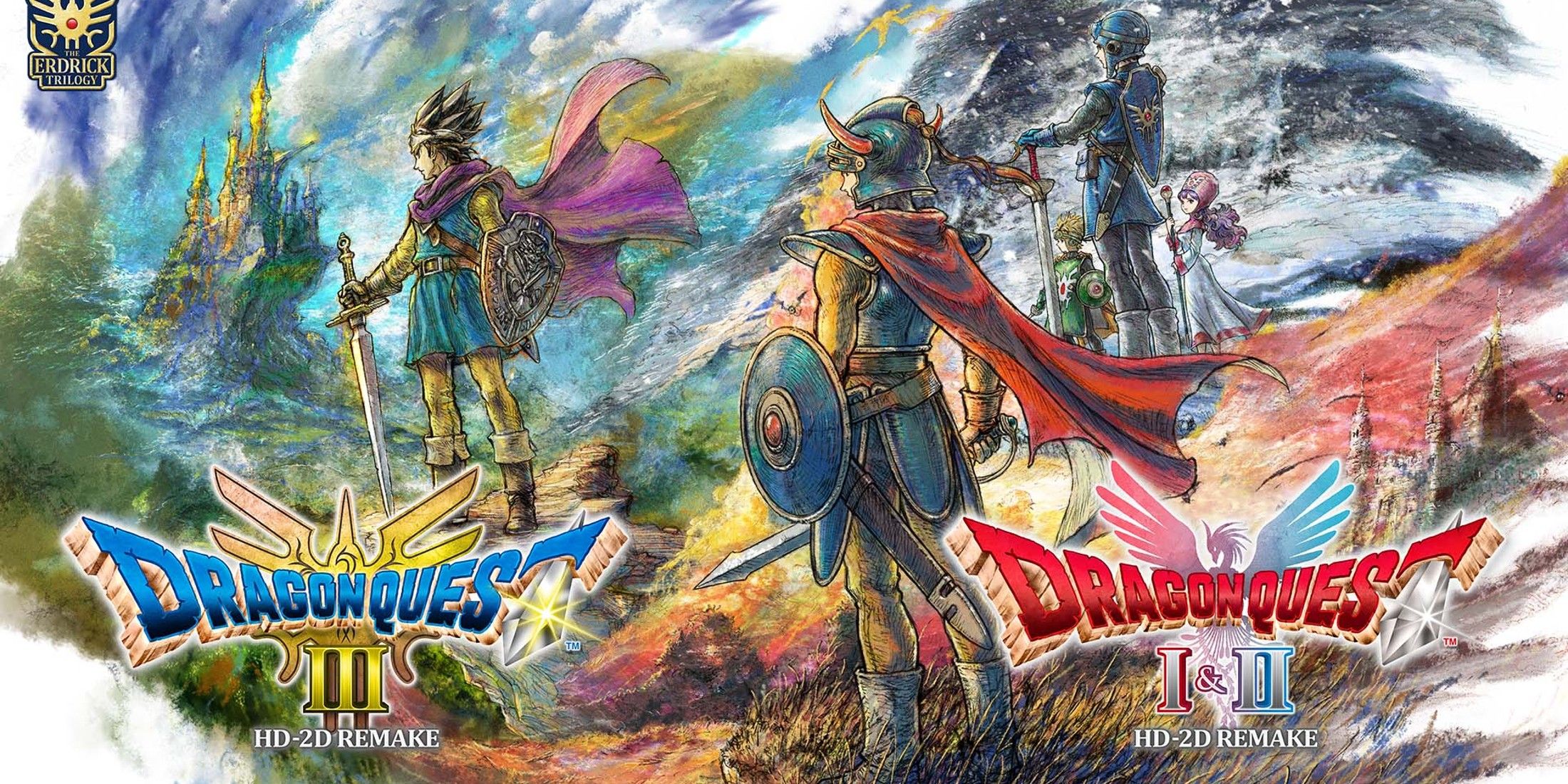Few stories have been as central to the fantasy genre as The Lord of the Rings. Since the novels were released in 1954, they have gone on to have a tentacular reach in pop culture, and the rich lore of Middle-Earth has continually found new life in various other mediums including film and animation. Tolkien's fantasies will be explored once again in Electronic Arts' upcoming mobile RPG, The Lord of the Rings: Heroes of Middle-Earth. Not many details have been revealed thus far, although EA has confirmed that it will be free-to-play.
A mobile game based on The Lord of the Rings has the potential to be a hit, especially if the RPG elements are implemented well. However, several mobile RPGs have been ruined by bad trends that keep popping up. If The Lord of the Rings: Heroes of Middle-Earth is to be a success, there are a few things EA should take care to avoid.
The Lord of the Rings Should Not Exploit Microtransactions
The Lord of the Rings: Heroes of Middle-Earth is being made in partnership with Middle-Earth Enterprises, which is the company that owns the rights to most of Tolkien's works. The game will be based on the lore from Tolkien's novels, which will likely be good news for purists. According to the company's chief brand and licensing officer, Fredrica Drotos, gamers can expect immersive storytelling alongside turn-based combat and a wide roster of characters from The Lord of the Rings and The Hobbit.
Although there have been no mentions of microtransactions yet, the free-to-play game will have to fund itself somehow, and microtransactions are likely to make an appearance. This is not an inherently bad thing, and microtransactions can be implemented in an artful way that does not disrupt the base experience while allowing gamers to support the game by purchasing worthwhile items if they wish. However, there are many times when it goes wrong and ruins mobile RPGs entirely.
Unfortunately, this was seen with another mobile game by EA, Dungeon Keeper Mobile. The game has a timer that restricts players from expanding their dungeon, and they can lower it by purchasing items from the cash shop. Gamers did not take too kindly to how restrictive the timer was and how the game forced gamers to purchase microtransactions, and there was an outcry. EA defended the microtransactions and claimed that the negativity was coming from those who had nostalgic feelings for the original Dungeon Keeper game, stating "this isn't the first time that EA has had to defend microtransactions in its free-to-play games - for example, there was public outcry when both Madden NFL and Real Racing 3 launched for mobile."
Eventually, in 2014, the British Advertising Standards Authority decided that Electronics Arts' advertising of Dungeon KeeperMobile is free was dishonest, and EA was forced to include fine print explaining the in-app purchases. Following the debacle, EA's Andrew Wilson admitted that the company had misjudged the economy, and that EA had learned that it has to "think about value irrespective of the increment of spend that is being made." Hopefully, EA does not repeat the mistakes of Dungeon Keeper Mobile with The Lord of the Rings.
The Lord of the Rings Should Not Be Too Invasive
Understandably, developers want gamers to play their games, and they employ many different strategies to attract players to their games. Even when players have downloaded their game, developers still try to get gamers to play the game as often as possible. In their quest to make their games enticing, developers can sometimes make their mobile games a little too invasive by constantly spamming players with notifications or stuffing games full of login rewards so that they feel like they are missing out every single day they do not play. It would be better if The Lord of the Rings instead allows gamers to play at their own pace without being hounded by the game.
Black Desert Mobile is an example of an otherwise great mobile RPG that can be quite invasive at times. Players can create their own character using a robust character creator before entering a vast open-world filled with magical creatures. There is the opportunity to explore, engage in combat, and interact with NPCs. It is a game that is easy to sink hours into, and its visuals are impressive for a mobile title. Unfortunately, it also gets quite invasive at times. On its default settings, gamers can expect almost daily notifications about events and potential rewards to earn. Furthermore, it floods players with login rewards to entice players to keep coming back. While the free stuff is certainly appreciated, it would be nice if they did not pressure gamers to play daily.
The Lord of the Rings can avoid this trapping by allowing players to set their own pace, and not bury them in daily notifications and login rewards. Furthermore, gamers should be able to jump into the game, take a hiatus, and return without feeling like the game has progressed without them, or return to a number of notifications that is too overwhelming to work through. It is a careful balancing act, but it can be done.
Over the years, mobile gaming has evolved, and thanks to the power of modern mobile phones, mobile games now have the ability to provide some truly phenomenal experiences. In the right hands, The Lord of the Rings: Heroes of Middle-Earth could be a great success. However, EA also has a history of filling its mobile games with the trappings that plague many mobile RPGs. If the upcoming The Lord of the Rings game can avoid having exploitative microtransactions and being too invasive, it may be yet another way to experience the amazing fantasy world of Middle-Earth.
The Lord of the Rings: Heroes of Middle-Earth is currently in development for Android and iOS.






